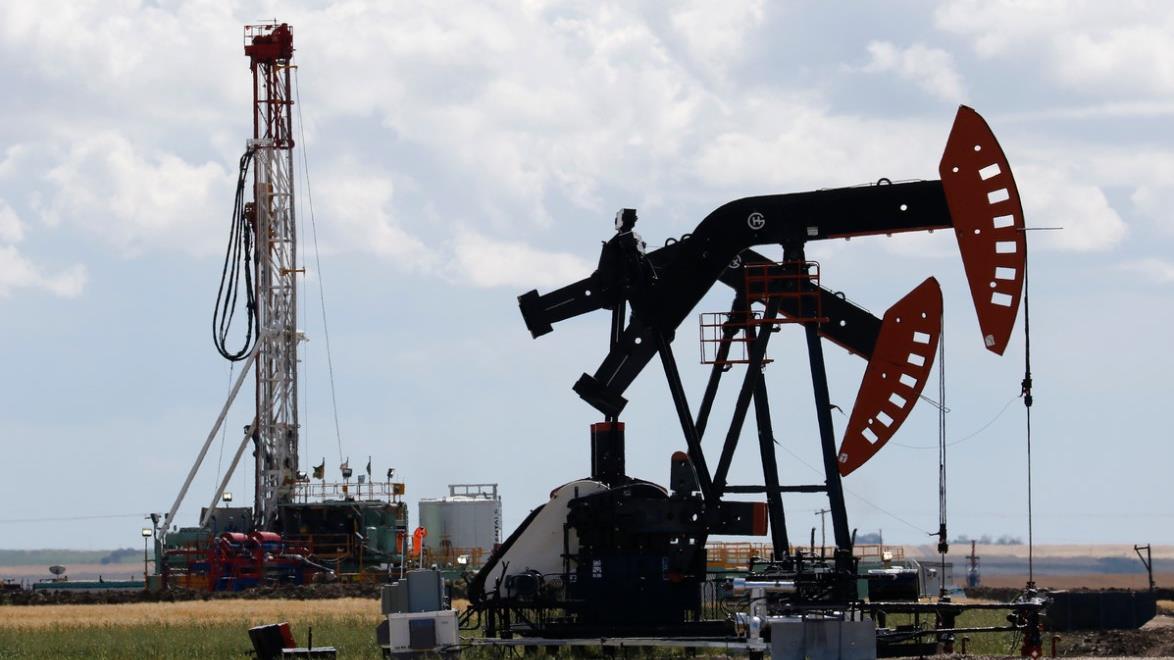Saudi oil attack: The worst-case scenario
Oil prices were soaring Monday morning after a weekend drone attack, potentially conducted by Iran, knocked out more than half of Saudi Arabia’s production. West Texas Intermediate and Brent crude oils were both up more than 10 percent to $60.48 and $66.69, respectively as of 8:54 a.m. ET.
Saudi Arabia, OPEC’s most influential member and the world’s second-largest oil producer, accounts for more than 10 percent of daily crude oil production. A prolonged production stoppage or military conflict would have a big impact on oil prices and potentially dire consequences for the global economy.
“A full-blown US-Iran conflict” could cause oil to soar to $150 a barrel this year, according to London-based Capital Economics.
Caroline Bain, the firm’s chief commodities economist, says her base-case scenario is for production to be back online in the next week or so and for oil to fall back to around $60 a barrel. Her second most likely scenario is for it taking months for Saudi Arabia to fully restore production, causing oil “to stay around $85 for several years owing to a higher risk premium in the price.”
However, a military conflict cannot be ruled out even after President Trump last week fired national security adviser John Bolton, who was considered to be a foreign-policy hawk.
“There is reason to believe that we know the culprit, are locked and loaded depending on verification, but are waiting to hear from the Kingdom as to who they believe was the cause of this attack, and under what terms we would proceed!” Trump tweeted Sunday evening.
All signs point to the 10 drones that conducted the attacks being directed by Iran, which is backing the Houthis, an armed religious and political group, in a conflict with Saudi Arabia.
“There is no doubt in my mind that is the Iranians,” former U.S. Army special operations and strategic adviser Brett Velicovich told “Mornings with Maria” on Monday. “They have everything to gain from the spike in oil prices. They need oil over $100 a barrel to fuel their economy.”
An oil price shock would cause CPI inflation to rise by up to 3 percentage points in the near term, according to OCED estimates, dealing a blow to a global economy that is already mired in uncertainty due to the trade war and Brexit.
“Growing tensions in the Middle East are another headwind for the global economy in already uncertain times, and a full-blown conflict could trigger another leg in the global downturn.”
Aside from the U.S. tapping its Strategic Petroleum Reserve, Russia is the only country that can make up some of the lost production, according to a commodities research team at Citi. But their idle capacity is 250,000 barrels per day, just 4 percent of Saudi Arabia's lost production.
The U.S. Department of Energy is standing by if more oil is needed.
CLICK HERE TO READ MORE ON FOX BUSINESS
“The Department of @ENERGY stands ready to release oil from the SPR deemed sufficient to offset Iran’s attack on the global economy and energy markets,” Energy Secretary Rick Perry tweeted Monday morning. “The market is resilient and will respond positively!”




















